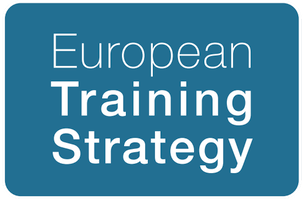

The elements of knowledge are summarised in different headlines that illustrate what “networking and advocating” means for youth workers knowledge-wise. The “cluster headlines” do not name detailed knowledge as such; these can be found through clicking on the lists.
Knowledge about structures, priorities and processes in youth policy is needed in order to network and advocate. + -
For example, having knowledge on:
- youth policy and youth work in one’s own context (community, region, etc.)
- youth rights
- mobility-related regulations regarding young people
- the structures and systems that favour more solidarity for/with all
Knowing about the needs of young people helps youth workers to understand how to support solidarity. + -
To do so, it is helpful for youth workers to know about:
- the socio-political and economic background and needs of the young people and the community
- advocacy (representing the interests of others) approaches and methods in a youth work context
- the importance of global solidarity
- how structural and systemic obstacles can limit people’s possibility to act in solidarity
- the potential and limitations of online solidarity and its polarities
Tools and media are useful channels for networking and advocating. + -
Thus, for youth workers, it is important to know about
- media and promotion mechanisms with regard to youth work generally, as well as rules and regulations, including copyright
- digital tools for networking and collaboration, and more inclusive approaches



